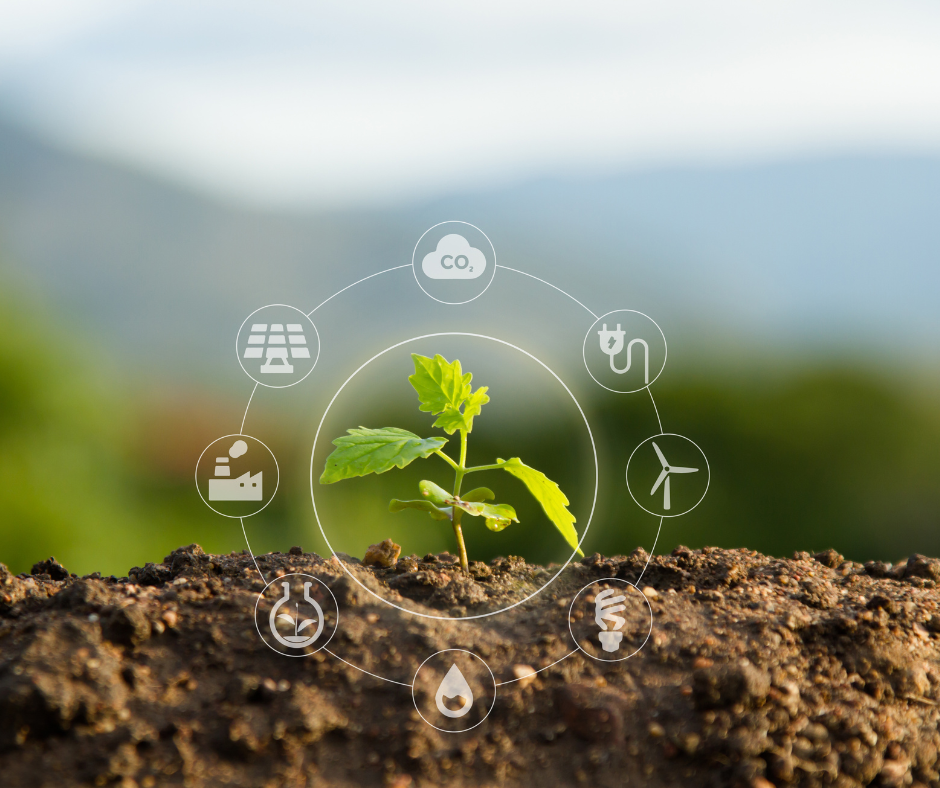Liquid e-fuels, also known as electro fuels or power-to-liquids (PtL), are a type of synthetic fuel that are produced using renewable electricity, carbon dioxide, and water. The C1-C4 alcohols, such as methanol and ethanol, are commonly used as feedstocks for producing liquid e-fuels.
Liquid e-fuels are considered sustainable and important for several reasons related to climate targets. Here are a few key points:
- Carbon neutral or negative: Liquid e-fuels can be produced in a carbon-neutral or even carbon-negative way, depending on the source of the renewable electricity used. If the electricity is generated from wind, solar, or other renewable sources, then the carbon emissions associated with producing liquid e-fuels can be essentially zero. If carbon dioxide is captured from industrial processes or even directly from the air, then the overall carbon footprint of the liquid e-fuels can be negative.
- Energy storage: Liquid e-fuels are a form of energy storage that can be used to power vehicles, airplanes, ships, and other transportation modes. Unlike batteries, which have limited energy density and require frequent recharging, liquid e-fuels can be stored for long periods and easily transported. This makes them a promising option for decarbonising transportation, which is one of the largest sources of greenhouse gas emissions.
- Existing infrastructure: Liquid e-fuels can be produced using existing infrastructure, such as refineries and pipelines, which could help to accelerate their adoption. This is, in contrast to other low-carbon transportation solutions, such as electric vehicles, which require significant investments in charging infrastructure and grid upgrades.
- Potential to reduce emissions in hard-to-decarbonize sectors: Liquid e-fuels have the potential to decarbonise sectors that are difficult to electrify or switch to low-carbon alternatives. For example, airplanes, ships, and heavy-duty trucks have limited options for reducing their emissions, but liquid e-fuels could provide a viable low-carbon solution.
Overall, liquid e-fuels have the potential to play an important role in meeting climate targets by enabling the decarbonisation of transportation and other hard-to-decarbonize sectors. However, it’s important to note that their sustainability and climate benefits depend on the source of the renewable electricity used to produce them, as well as the efficiency of the production process.

